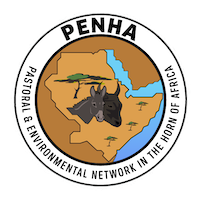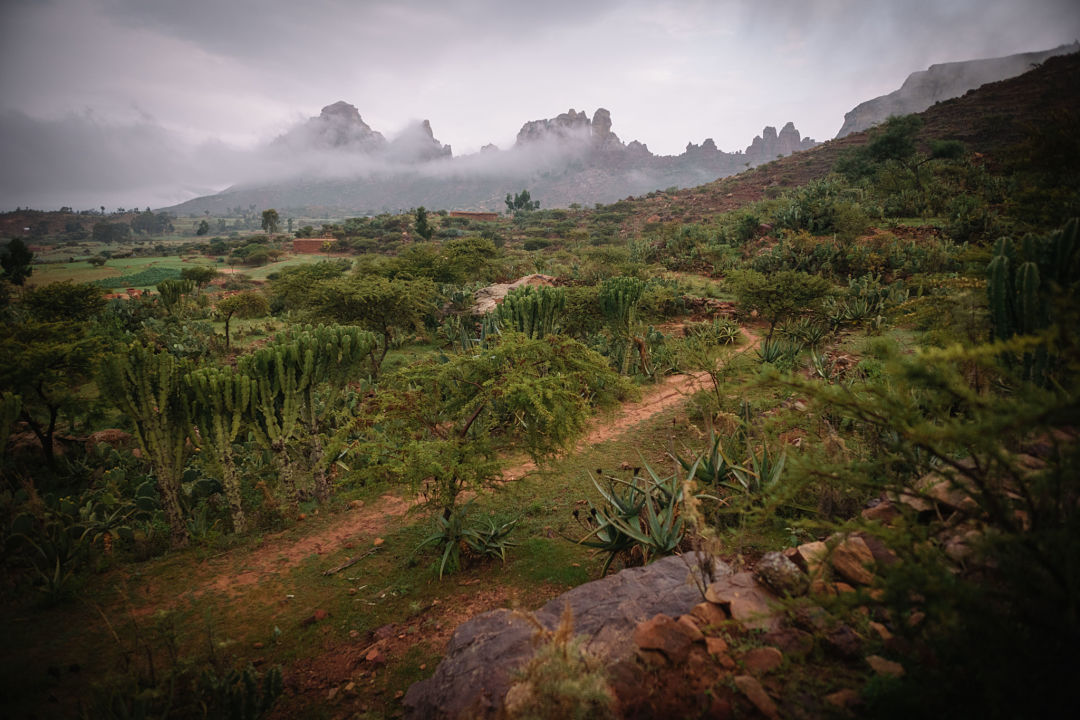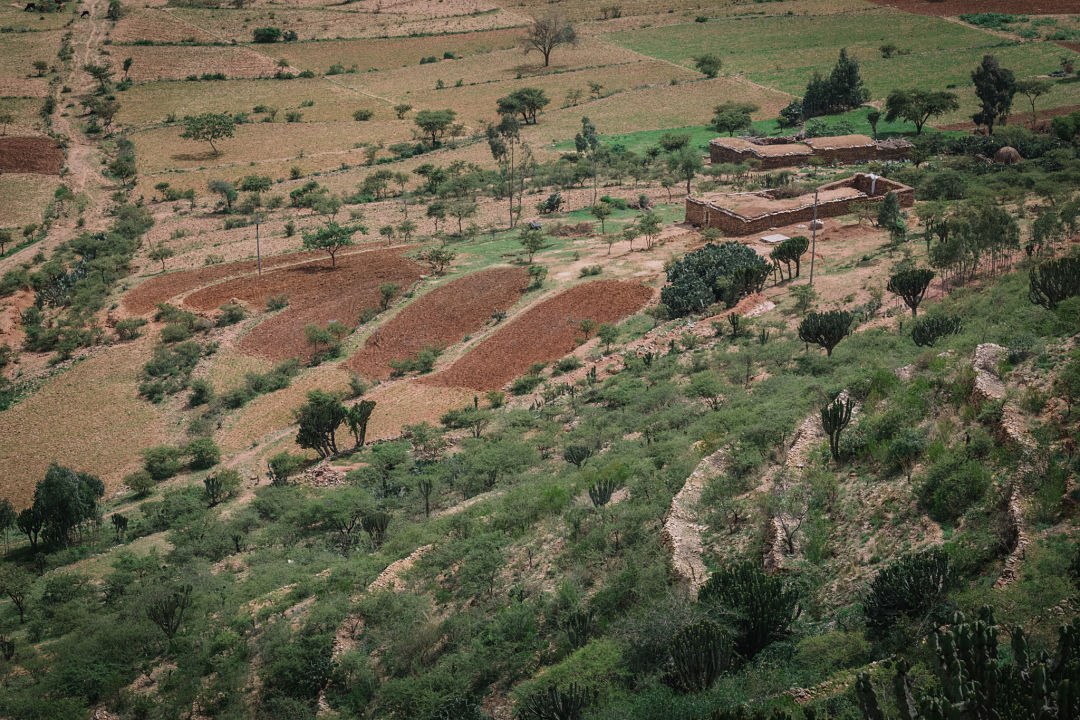Climate change and environment
From research into new crops able to withstand dry seasons to developing animal feeds that improve the livelihoods of struggling communities.
What we do

Land tenure and rights within the pastoral and agro-pastoral communities are very critical as these are their fundamental rights as well as their livelihoods mainly depend on the local resources they have.

The global agenda of climate change and sustainable environmental management matters a lot to the local communities and their livelihoods.

The sustainable natural resource of the pastoral and agro-pastoral communities is linked with their livelihoods, effective and efficient management of their biodiversity and the natural environment.

With a growing population and therefore need for arable agriculture throughout the Horn of Africa region, many traditionally-available pastures for pastoralists have been taken over for arable agriculture and migration routes made less accessible or closed off altogether. To meet these challenges, PENHA has been working with the Sudan government’s Animal Production Research Centre (APRC) in Khartoum to develop a feed that could be used in the dry season. It would then not be necessary for pastoralists to have to migrate such long distances to find fodder. Our work has made positive use of a recently introduced shrub which has become a major problem for people across the Horn of Africa region called ‘muskit’ (Prosopis Juliflora). We used a simple method -combining traditional knowledge with a new scientific approach – to use muskit as animal feed


